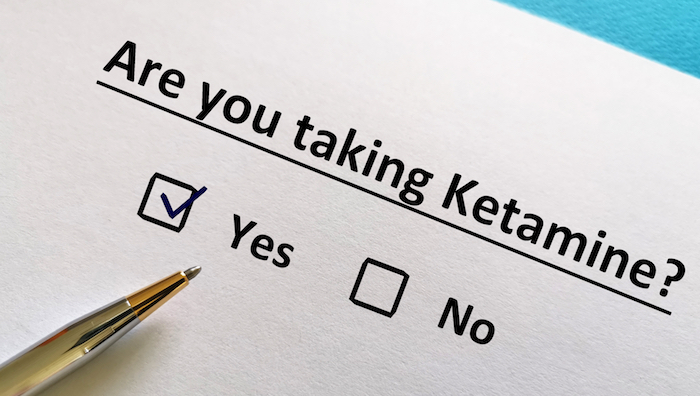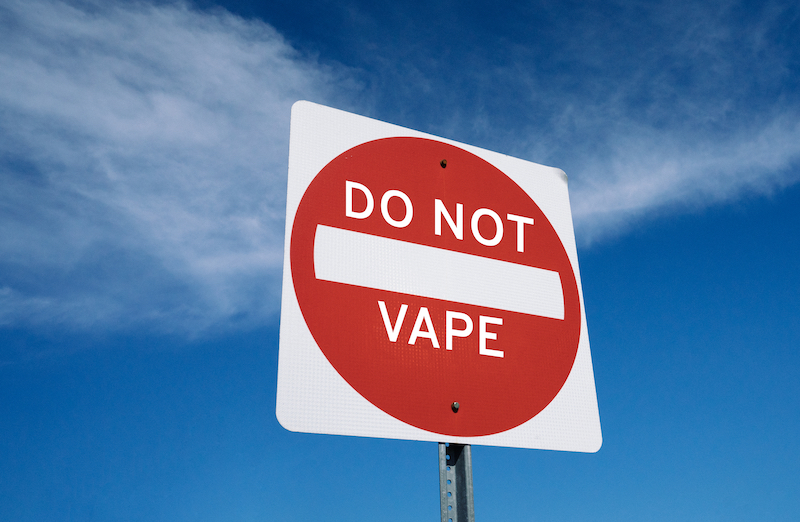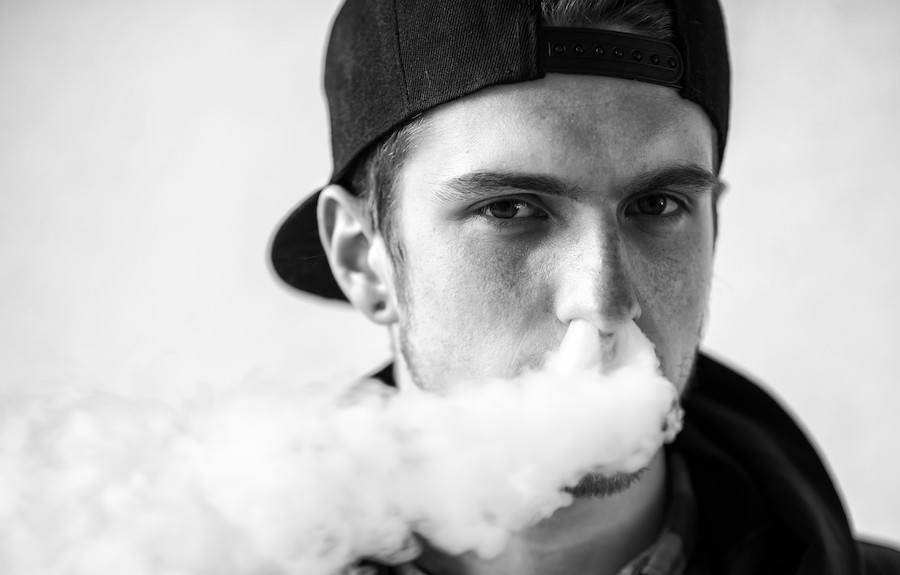Plus: A massive substance presence at music festivals; more reasons to avoid e-cigarettes; and the outsized number of Indiana residents who gamble
By William Wagner
Although the numbers aren’t large—nowhere near, say, weed large—the use of recreational ketamine is of growing concern to public health officials. We also delve into substance use at music festivals, the shocking number of unknown chemicals in e-cigarettes, and gambling in Indiana.
From the American Journal of Public Health:
The Numbers on Ketamine
Slowly—very slowly—but surely, people are gravitating toward recreational ketamine, a psychoactive drug that works on the nervous system. According to a new study led by researchers from New York University and Columbia University, nearly 1% of people in the U.S. have used ketamine recreationally, often in the form of MDMA (also known as ecstasy and Molly). While that percentage seems relatively slight, it has gotten the attention of the clinical community, to the point where experts believe it warrants further examination.
America’s relationship with ketamine is complicated. As TreatmentMagazine.com outlined in an article published in August 2021, the drug has many medicinal benefits, including the ability to combat mood disorders and opioid and alcohol addiction. In fact, the Food and Drug Administration (FDA) approved a nasal spray version of ketamine in 2019 that’s a fast-acting treatment for depression. The downside to such exposure is the drug’s increasing appeal for non-therapeutic uses.
“Increases in ketamine use in nightclub and non-hospital settings indicate the need for additional public health measures so that individuals who use non-medically are aware of risks and side effects,” Katherine Keyes, PhD, an associate professor at Columbia and a co-author of the study, said in a news release.
From the Irish Journal of Medical Science:
Music Festival Drug Use: A Growing Concern
Music festivals are havens for good times, but they also present a growing danger, say researchers from Trinity College Dublin in Ireland. The team surveyed 1,193 festival-goers in Ireland in 2019 to determine the rates of drug use at these events. Among the findings: 90% of those surveyed reported polysubstance use, and the most widely consumed substances were alcohol, MDMA and ecstasy, and cocaine.
As festivals become more popular—not only in Ireland but in the U.S. and elsewhere—those statistics can’t be ignored. A recent TreatmentMagazine.com article provides tips for enjoying concerts sober.
From Chemical Research in Toxicology:
Thousands of Chemicals Found in e-Cigarettes
If you need more reason to steer clear of e-cigarettes, here it is: An analysis from Johns Hopkins University found approximately 2,000 chemicals in them, many of which still haven’t been identified. Among those that are known are industrial chemicals, a pesticide and flavorings with possible toxic effects.
People just need to know that they’re inhaling a very complex mixture of chemicals when they vape. And for a lot of these compounds we have no idea what they actually are.”
—Carsten Prasse, Johns Hopkins University
Carsten Prasse, PhD, an assistant professor of environmental health and engineering at Johns Hopkins and a senior author of the study, said in a news release, “People just need to know that they’re inhaling a very complex mixture of chemicals when they vape. And for a lot of these compounds, we have no idea what they actually are.”
From Indiana University:
Report—84% of Indiana Residents Gamble
Gambling appears to be more than just something to do in Indiana. For many of the state’s residents, it’s a way of life, according to new research from Prevention Insights, part of Indiana University. Indiana residents who were 18 and older were surveyed between March and May 2021 in a manner that ensured a proportional representation of the state’s overall adult population, and 84% of the participants reported that they had gambled in the previous year.
Mary Lay, program manager for Prevention Insights’ Indiana Problem Gambling Awareness Program, says the findings will be put to good use: “Indiana is one of a few states that support efforts to address problem-gambling treatment needs with support from a portion of the revenues produced by gambling activities in the state. The results of this survey will be used to set priorities for treatment and awareness activities across Indiana.”
Photo: Shutterstock














